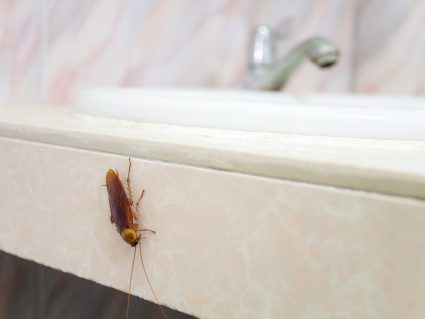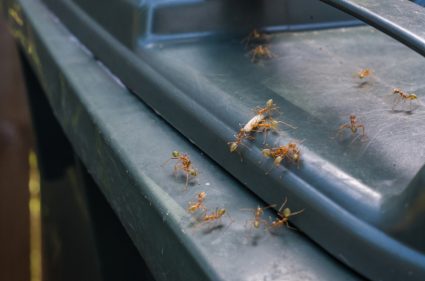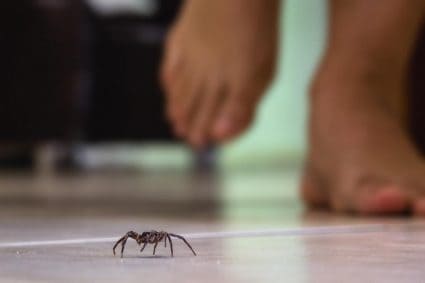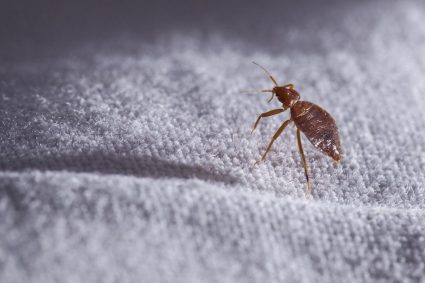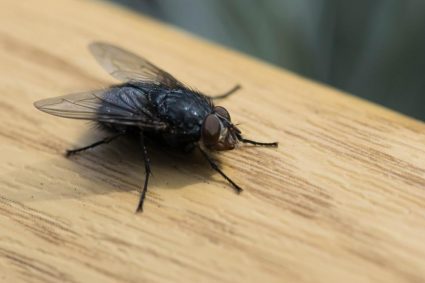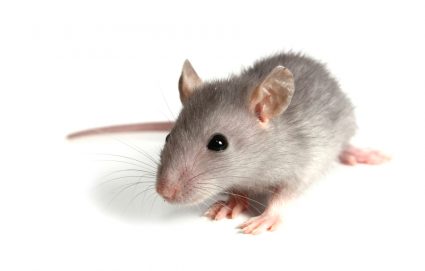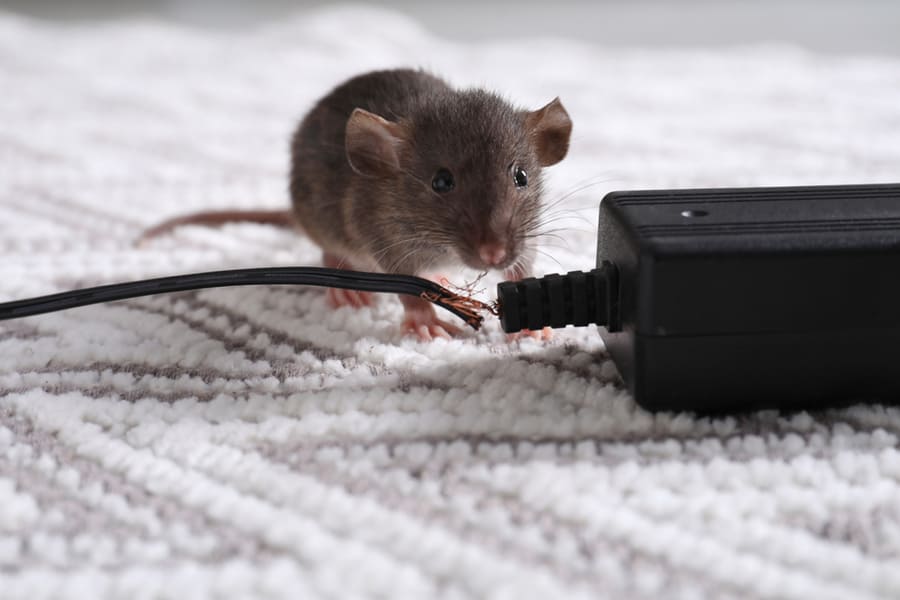
Dealing with a rat problem in their houses can be challenging for homeowners. Rats can contaminate food supplies when they enter kitchens, and if they feel threatened, they may bite humans and transmit diseases.
They can destroy furniture and gnaw through most of a house’s construction materials. Rats can chew through almost anything in a house, including concrete and metals.
- One of the most amazing facts about a rat’s teeth is that they never stop growing!
- Rats must constantly chew through a variety of different materials to wear down their teeth.
- Rats can chew through hard materials like cinder blocks, bricks, and soft concrete, as well as some soft metals like aluminum, copper, lead, iron, and gold.
Rats never stop chewing through different things. This can be a frustrating discovery for a homeowner, especially one who has tried everything to keep rats away. Read on to learn more about rats and their chewing habits.
Understanding Rat’s Chewing Behavior
The fact that a rat’s incisors are constantly growing is one of the most impressive features of its teeth! Imagine having a set of front teeth that keep growing and become stronger throughout your lifetime.
Rats have 16 teeth, including 12 molars and two pairs of top and bottom incisors at the front. They keep their teeth sharp by constantly chewing and repeatedly grinding the incisors together.
Rats need to constantly chew through a variety of different objects to keep their teeth short and sharp. Otherwise, their teeth would grow so long that it would be impossible for them to eat or keep their mouth shut. This will ultimately lead to their death.
So, what do rats chew on exactly?
These pests will chew on anything that is softer than their teeth. Anything that is not harder than their teeth will be chewed on by these bugs.
The German mineralogist Friedrich Moh created the Mohs Scale in 1812 to rate the hardness of various minerals and gemstones based on how well they can scratch other minerals and jewels.
The scale ranges from 1 (the softest material, like Talc) to 10 (hardest, such as Diamonds). Rat teeth are tougher than iron or copper, ranking about 5.5 on the Mohs Scale.
Rats can gnaw through most of the barriers used to keep them out because their teeth are so strong.
Things That Rats Like To Chew On

Rats are relentless biters and gnawers, but they are also very strong. They have an unusually high biting pressure considering their size. Rats maintain their dental health via gnawing, a behavior that is common and natural in rodents.
They often nibble on twigs and bark in the wild, but in cities, we use building materials to construct our houses.
These creatures have no trouble with hard substances like bricks, cinder blocks, and soft concrete. Even softer metals like aluminum foil, lead, copper, iron, and gold can be chewed by them. You shouldn’t use gold to deter rats from entering your house.
They can undoubtedly eat through even the toughest wood because if they can chew through softer metals, wood is just a piece of cake for them.
They generally gnaw through baseboards and floors, especially in areas where there are already smaller holes, like close to pipes in your house.
They can also pass through the thin glass, plastic, drywall, sheetrock, and asbestos. Rats are also scavengers by nature, which means they will do whatever to collect trash, debris, and anything that can provide them with food, including metal and wires.
Rats can chew through some surprisingly strong materials, but there are still ways to prevent them from entering your house.
What Can’t Rats Chew Through?
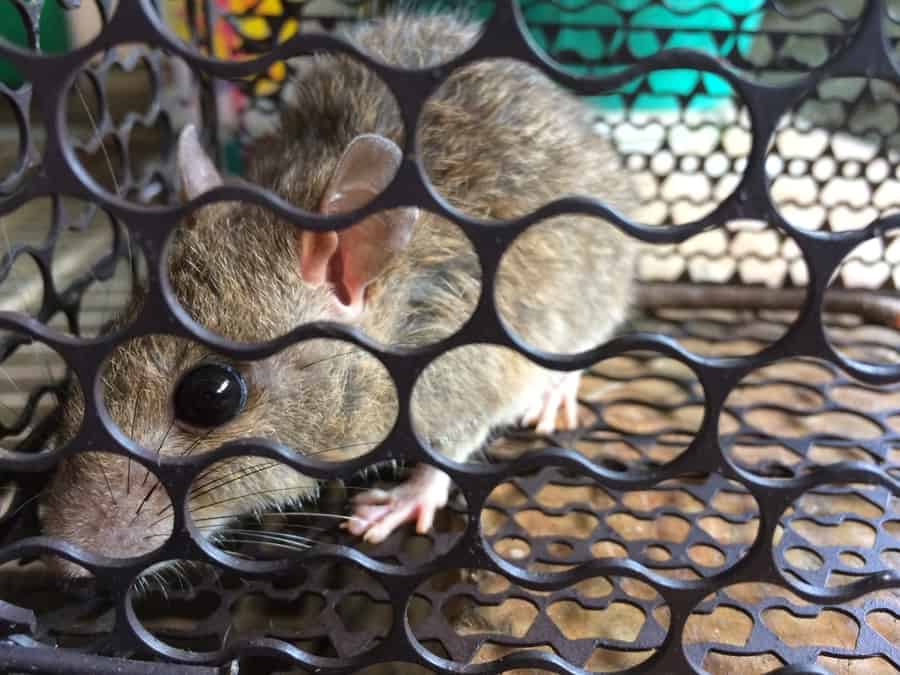
Rats have the most robust jaws among rodent species, as well as many other species. According to some studies, their jaw muscles can generate an unusually high force of up to 6,000 lbs per square inch.
What a powerful bite! Rats still can’t eat through some materials. You can use these materials when trying to keep them out of your house; you can use these materials.
- Solid Concrete: Over time, concrete can become weaker and crumble more quickly, which makes it easier for rats to nibble through. However, most rats will have difficulty chewing through solid concrete that has been given an acid wash treatment. These pests won’t be able to enter a property as long as there aren’t any significant cracks in the foundation, which many homes have.
- Stone: Rats also cannot chew stones. Therefore, stone flooring and ceramic tile are excellent choices for flooring.
- Hard Metals: Rats can’t chew through hard metals like steel, which is one of the reasons it’s advised to plug holes with wire mesh and steel wool before caulking them. Another effective method for preventing them from entering your home through the floor is metal tiling.
How To Keep Rats Out of House

Although these critters may seem to be an unbeatable enemy, homeowners can keep rats out.
Maintain Proper Hygiene
Maintaining proper hygiene is the first and most crucial step in avoiding an infestation.
Eliminate Access to Food and Water
When trying to get rid of rats, eliminating their access to food and water will help immensely. Use a covered garbage can and store pet food and pantry items in glass or metal containers.
Make sure everything is neatly arranged so that rodents have fewer places to hide. Keep shrubs, wood heaps, and compost bins away from the house when it’s outside.
Block the Entrance Points
Blocking off entrance points and making your home’s exterior rodent-proof is another way to keep rats out. Even though they can gnaw through a variety of construction materials, you shouldn’t leave the door unlocked.
Install metal screens over dryer vents and chimneys. Make sure the building’s roof soffits and foundation are kept in good condition. If you see rat droppings, try to determine how they got into the building to make repairs.
Pest Control
Lastly, you can use plant-based rat repellants or call pest control to keep them away from your home.
Conclusion
These rodents have other superpower-like characteristics besides incredibly strong teeth. Rats can fit through spaces smaller than a quarter, fall from a height of 50 feet without getting hurt, swim for three days without drowning, reproduce incredibly quickly, and are now immune to most rat poisons thanks to genetic mutations.
If you want to save your house from rat infestations, make sure that you take permanent solutions like pest control to eliminate them from your house.
Frequently Asked Questions
Can Rats Gnaw on Galvanized Metals?
Rats cannot chew through galvanized metals because their teeth are not strong enough. The U.S. National Park Service believes that galvanized metal screens are the best barriers to keeping mice and rats away.
How Thick Metals Can Rats Chew Through?
Even though rats have very strong teeth that can chew through many metals, they have a hard time chewing through any surface that is thicker than two millimeters.
Does Tin Foil Stop Rats?
Rats will occasionally steal aluminum foil to insulate their nests, so this is only a weak deterrent at most. Aluminum foil pops up on websites as an anti-rodent “life hack.” It would not be a bad idea to cover your fruit bowl with tin foil, but covering every kitchen surface in foil might irritate you more than the rats.

